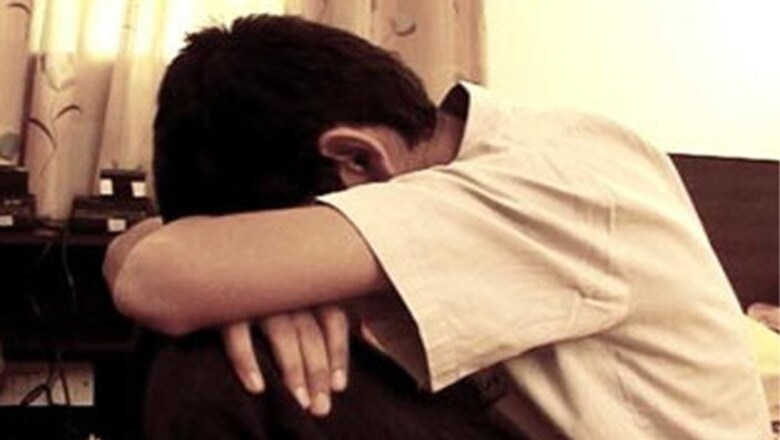
views
Mumbai: The Bombay High Court has acquitted a man convicted by a lower court for murdering his wife by setting her afire eight years ago. Hearing the appeal filed by Pune-resident Bhanudas Thite, a division bench of Justices VK Tahilramani and PD Kode recently set aside the 2005 order of the Pune trial court which had sentenced him to life imprisonment.
According to the prosecution, Thite lost his job in 2004, and consequently he and wife Indubai often quarrelled. On July 3, 2004, he poured kerosene on her and set her on fire. And after that he set himself on fire too. Though Thite survived, his wife suffered more than 90 per cent burns and died after three days in a hospital. In her dying declaration, Indubai stated that her husband had set her on fire.
The High Court, however, noted that medical case papers had "suicidal burns" written in the column 'history', followed by a stroke, and the word "homicidal". The word "suicidal" had not been struck out and "homicidal" had not been initiated (if it was intended to be a correction). Moreover, "homicidal" was written in a lighter ink, the judges noted.
"In view of this, we are not inclined to place any reliance on the word 'homicidal'. When Indubai was first admitted in the hospital, history was given as "suicidal" burns and the fact that her husband also poured kerosene on himself is stated in the papers," the bench said. "Thus it appears that both appellant and deceased tried to commit suicide, and thereafter the appellant has been falsely implicated in this case," it said.
The judges noted that though Indubai was in the hospital for more than three days, the dying declaration was not recorded by a special executive magistrate. "This also creates a doubt about the genuineness of the prosecution case." The dying declaration of Indubai was recorded at 12.15 pm on the day of the incident. The medical case papers showed that she was admitted at 11.50 am, and her condition was not satisfactory. A doctor informed police of the case at 12.05 pm. The court wondered how, in a span of ten minutes, Indubai gave her dying declaration to police.
It was not possible that the police constable could have reached the hospital, got the victim examined by doctors, satisfied himself that she was in a fit condition to give statement and then proceeded to record her statement at 12.15 pm, the High Court said. "Looking at the entire evidence on record, we are inclined to grant benefit of doubt to the appellant," the judges said.















Comments
0 comment